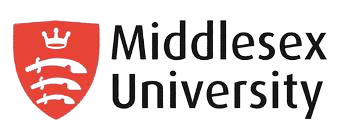Why study biomedical engineering with us
Our multi-disciplinary biomedical engineering course mixes engineering with biomedical science and physiology. This provides you with a solid understanding of the technological developments taking place in the fields of medical engineering and bioengineering.
You will build on your previous experience in applied mathematics, physics, or other sciences. During your course you will enhance your engineering knowledge and gain specialist skills which will help you to design and improve existing and emergent systems, devices and treatments.
Our degree has been specifically designed to meet the standards set by the collaboration between the UK Quality Assurance Agency and the Engineering Council alongside the demands of healthcare providers. The BEng degree is accredited as partially meeting the academic requirements for registration as a Chartered Engineer and fully meeting those for registration as an Incorporated Engineer. You will gain specialist biomedical engineering skills to follow in the footsteps of graduates who have forged careers in clinical engineering, biomechanics, orthotics and prosthetics.
Develop your biomedical engineering skills
We have fully equipped, state-of-the-art laboratories for medical device design and human performance measurement. You will also have access to the facilities in our bioengineering and physics research laboratories. It is here that we’re making significant healthcare developments, which include the monitoring of premature babies, deep brain stimulation and the diagnosis and treatment of cancer.
Many of our academic staff are engaged in pioneering research in these and other areas including prosthetic design and rehabilitation engineering and they bring this expertise in to their teaching in the course. This team of highly experienced professional engineers and qualified healthcare practitioners are on hand to give you the support you need to succeed in your studies and establish your career in biomedical engineering.














